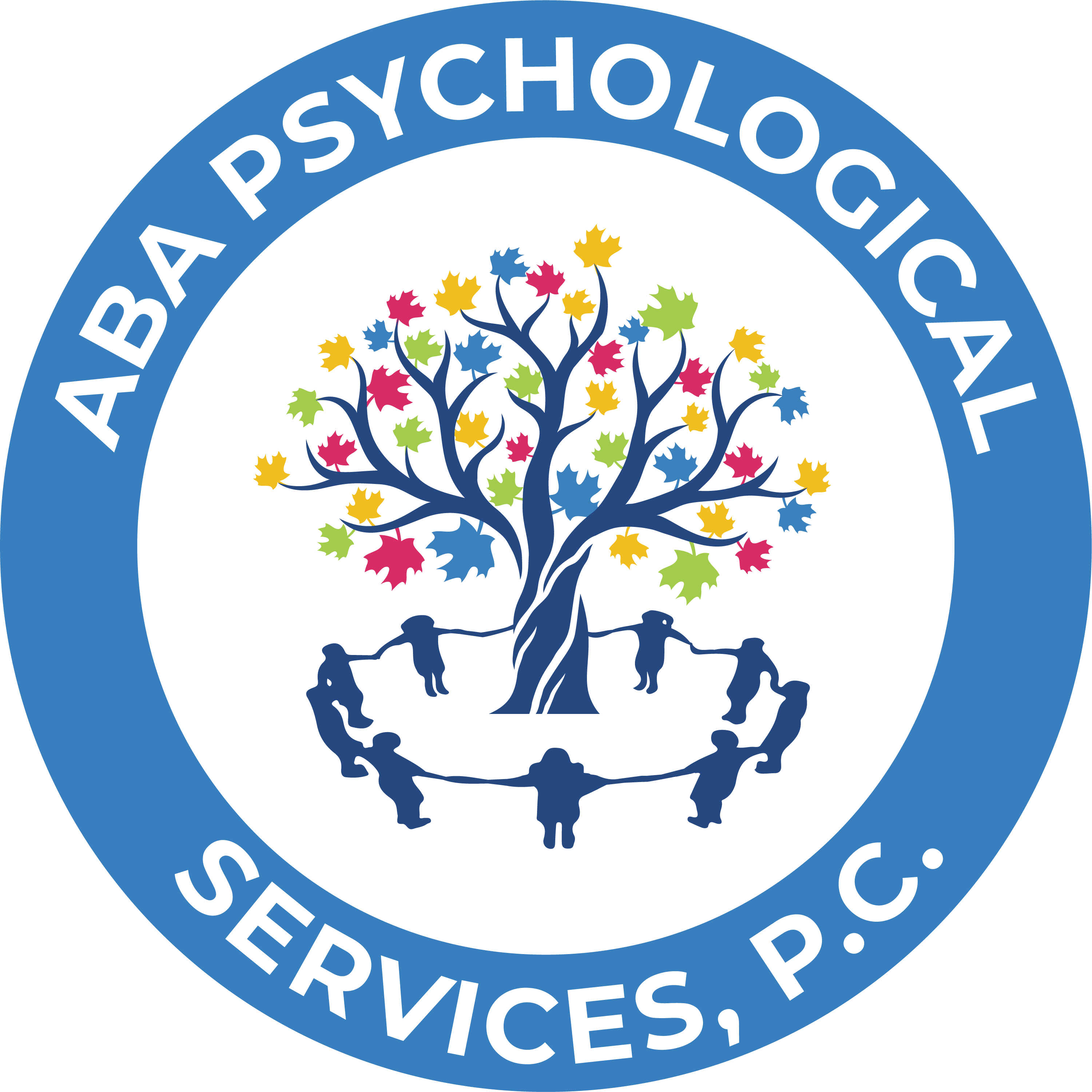
NEWS
WHAT IS ABA THERAPY?
September 3, 2021
By ABA Psychological Services
What does ABA therapy stand for?
Applied behavior analysis (ABA) is a form of therapy designed to improve the social, communication, and learning skills of people with autism
spectrum disorder (ASD), or other developmental conditions. ABA has been proven successful across different ages, from early childhood into adulthood.
Founded in the mid-1900s, ABA is an important tool in the treatment of a wide range of mental issues and illnesses including dementia, eating disorders,
obsessive-compulsive disorders (OCD), phobias, ADHD, and ASD.
Its effectiveness comes from its ability to analyze a person’s behavior within the context of their physical and social surroundings. As a result, clinicians can develop ways to teach patients to be more successful in their day-to-day lives. These teaching procedures can pertain to a variety of areas, which can include but are not limited to: communication, daily living skills, socialization skills, organization skills, and decreasing unwanted behaviors. These skills are then practiced and applied in a variety of environments such as in the home, school, or the workplace.
How does ABA therapy work for Autism?
ABA is a flexible treatment that incorporates different behavior-changing techniques.
First, challenging or harmful behaviors, such as tantrums or self-injury are evaluated in order to understand their root causes. This process, called Functional Behavioral Assessment (FBA), is conducted by a Board-Certified Behavior Analyst (BCBA) and involves interviews with the child (when possible), parents, caregivers, and any professional who has meaningful interactions with the child. This process may also involve direct observation of the child in their natural environment.
There are many reasons why a child may engage in challenging behavior; after all, challenging behavior is a form of communication, albeit difficult to
deal with and potentially harmful. So, what could they be telling us?
- At times challenging behavior may be a result of the child wanting attention from their caregivers or other children.
- Other times, a child may engage in problem behavior to avoid demands placed on them like brushing their teeth.
- Another example is when a child cannot get a toy or activity that they want, which will then lead to challenging behavior.
After the evaluation, a behavioral treatment plan is created. The goal is to replace the unwanted behavior with healthy and appropriate responses.
Here’s an example of how we achieve this at ABA Psychological Services:
During the evaluation, we might discover a number of “triggers" that drive challenging behavior. Rather than trying to teach the child how to avoid these situations, we focus on cultivating the necessary behaviors to cope with them. If a child engages in a tantrum for attention for instance, we focus on the child appropriately requesting attention from a parent or caregiver.
Similarly, if a child is struggling with social skills and has difficulty interacting with other children, we focus on teaching appropriate play and socialization skills so they are able to participate in play and activities with their peers.
In addition to decreasing challenging behavior, we also focus on increasing adaptive behavior and teaching new skills. Establishing specific goals and diligently measuring the child’s progress by recording, graphing, and analyzing progress ensures that parents and the BCBA can easily keep track of the entire process.
The key is breaking complex skills into small steps and offering reinforcement. When improvement doesn't happen at the anticipated pace, the BCBA adjusts the teaching procedures accordingly. More advanced goals are added only after the current objectives have been accomplished.
What is the evidence that ABA works?
ABA has been endorsed by many public health agencies and organizations. Both the U.S. Surgeon General and the American Psychological Association (APA) recognized ABA as an evidence-based best practice treatment for autism. “Evidence-based” means ABA’s effectiveness is supported by significant research.
Discover ABA therapy
We invite you to further educate yourself on the benefits of ABA therapy using our resources page. At ABA Psychological Services, we specialize in
providing exceptional ABA therapy services that help your child thrive. Our experienced behavior analysts offer in-office one-on-one sessions, as well as in-home visits,
so you can receive timely and effective behavioral interventions.
Contact us with your questions or schedule an initial consultation today.
Back to blog
